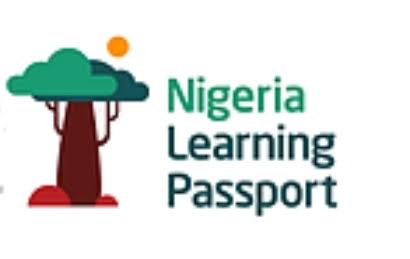Hope James
Nigeria is well on its way to becoming one of the technological savvy countries with its efforts in improving digital literacy among its citizens, especially youngsters.
Digital literacy, which involves the ability to use digital tools to communicate have continued to evolve, grow and become an integral part of the life of youngsters in the country.
As we know it, Nigeria has moved from a system where using cell phones in schools was banned, to a system where gadgets are now encouraged as learning tools among its younger generation.
To this end, in a bid to register its commitment to improving digital literacy among Nigerian Kids, the Nigerian Government partnered with UNICEF to launch the Nigeria Learning Passport (NLP), an online, mobile and soon-to-be offline learning platform committed to providing continuous education to a total of 12 million learners by 2025.
The Nigerian learning passport is designed for pre-primary, primary and secondary school learning where children and teachers can access a digitalized curriculum providing learning materials in all core curriculum subjects for primary one to six, and all junior and senior secondary school classes.
UNICEF’s Executive Director, Catherine Russell, explained that before the covid-19 pandemic, about 10.5 million nigerian children aged between 5 and 14 were not in school and currently, more than 9.7 million children are at risk of never returning to school.
She was however optimistic that the learning passport can help change the ugly narrative.
The Nigerian learning passport provides a wide range of benefits that helps kids find simpler, easier, and other fun ways to learn.
A Tech Expert, Oluwamuyiwa Daniel, shares in the optimism of the growing improvement of digital literacy among kids in Nigeria.
According to him, exposing and improving digital literacy among Nigerian kids will do them great favour mentally and socially.
He also advocates that parents see the need and importance of digital literacy to their kids, noting that the disadvantages that come with this early exposure can be controlled.
It is impossible to miss the technological take-over we are experiencing in the 21st century, as such, equipping our children with the tools they need to live great lives might be the singular greatest gift we can ever give them.
Access to digital skill-up platforms will in turn place them on par with their peers from countries all over the world and enable them not miss out on any opportunity in any field they choose to pursue.
Technology is here to stay, so we might as well, make it worthwhile.

